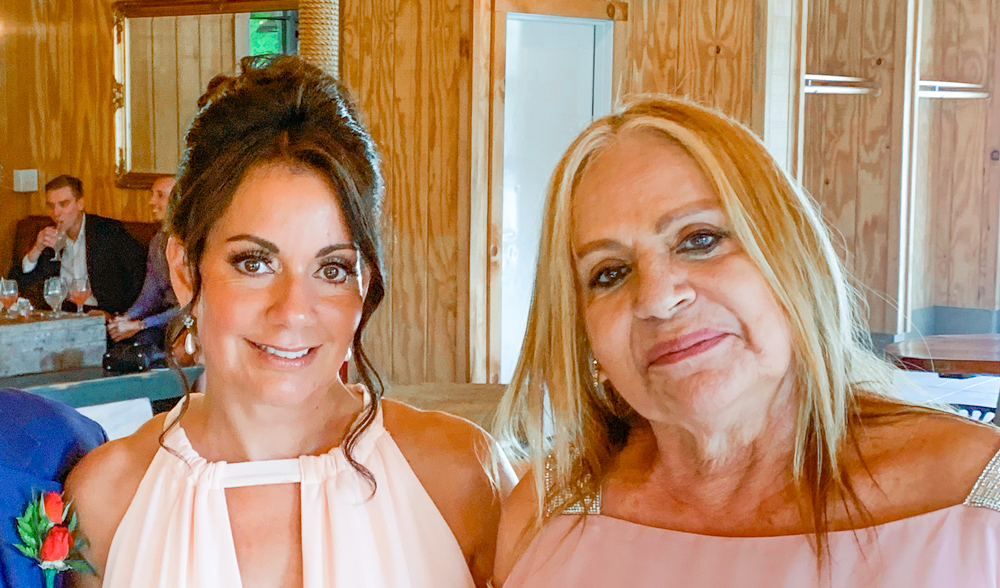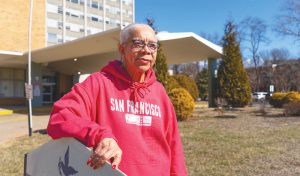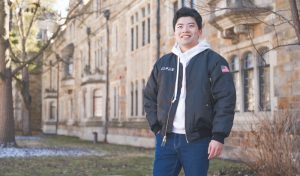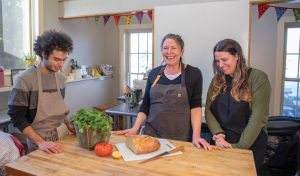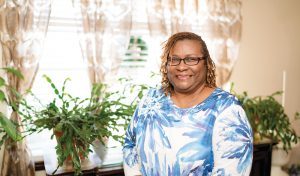by Brenda Reyes
Puerto Rico
In 9th grade, in 1959, a classmate walked up to me in the cafeteria and pushed me off my chair. When I got up and pushed her back, a food fight, a big free-for-all broke out. Later, 20 of her friends circled me in the gym and pushed me hard between them. Word spread fast, beyond the school grounds and, like a game of telephone, got more dramatic as it went. By 3 o’clock, Puerto Rican youth from all over the south Bronx had gathered in the schoolyard, to rumble as they say in Westside Story.
“Brenda Reyes,” my mother raged when I got home, “you bring out the devil in people!”
In fact, I was reflecting the anger of my environment. If you were not on top, you were on bottom. As I grew into womanhood, rivalry in various forms continued to shape all my relationships, with men, with friends, with family.
Even as a child, I dreamed of becoming a singer, but as I began to pursue this dream as a young woman, I found myself in a world of false smiles and ulterior motives. A musician friend might steal your music; a petty jealousy might land you on the street; a producer who had been so happy with your song might suddenly decide to sell the rights to someone else and threaten to hurt you if you released it yourself.
It was not until I encountered Nichiren Buddhism, at the age of 35, that I began to build relationships based on a deep, pure desire for another person’s happiness.
In 1977, preparing for a performance at the Copacabana, an accomplished guitarist offered to help me arrange a musical score. Considering his accomplishments, he struck me as incredibly down-to-earth. He asked if it would be OK if we chanted. We sat down in front of the Gohonzon. He rang a small bell and began chanting Nam-myoho-renge-kyo.
It’s strange to say, but the minute that I began chanting, my mood lifted—actually, my heart rejoiced. There was nothing being asked of me, nothing bartered for or taken. He wanted to share this with me, because it was a good thing. It was an act of real kindness. I memorized the chant and began doing it myself, chanting for the things I wanted—to be able to sing and to be financially secure. Within two weeks, I got a call from the owner of a theater restaurant called the Hamburger Hamlet in Puerto Rico, asking if I would come work as its manager—I could perform as well as manage the accounts. My name had been recommended by an old friend and employee there. I decided that this opportunity had arisen from my daimoku.
Incredibly, the first day on the job, I was invited to an SGI meeting. I felt beyond a doubt that this opportunity was an answer to my prayers.
The people I encountered at these meetings were different from most people I’d ever met—they wanted to give, not take, wanted to empower, not take advantage, wanted my happiness, pure and simple. Finding these people and chanting with them, I felt like a person in the desert who had found a freshwater spring.
As I began my practice, I was encouraged to share the teaching with others as well. We made a day of it, discussing Buddhism with complete strangers. At first, I was intensely nervous to do this, but after the first few times, it felt OK. Soon it felt good and then great.
I’ve found a bottomless well of water in the desert, I thought. Why would I not tell others where to find it?
One of my favorite quotes from The Writings of Nichiren Daishonin that I accepted with total conviction states that all the prayers of one who practices in accord with the Lotus Sutra will be answered (see “On Prayer,” The Writings of Nichiren Daishonin, vol. 1, p. 345).
I continued to chant to have success with my music and to be wealthy, but no longer for the reasons I once had. When I performed onstage, it was with the prayer for someone in the audience to connect to the Mystic Law, to feel through the music that real, unshakable happiness is possible. When I thought of what I’d do with a lot of money, my thoughts were on showing actual proof of the power of Buddhist practice, to inspire others to accomplish what they suspect is impossible.
Within two months of practice, I had three marriage offers, one of which was from the owner of the Hamlet. That’s the one I said yes to. At our wedding, my mother blinked, astonished.
“Te veo, pero no lo creo,” she said. I see you, but I can’t believe it’s you. Never before had she seen me happy, really, truly happy.
Word got out about the Hamlet, which I made the most happening place in town. I’d get booked on local television to sing, and at the end of the program I’d look right at the camera.
“Tonight, I’ll be at the Hamlet! Come on down!”
Artists, lawyers, judges, everyone came to watch the best musicians, the top brass. I shared Buddhism with all of them. Presently, I’ve helped over 100 people receive the Gohonzon.
Ikeda Sensei came to America to empower, to demonstrate to all people how to summon hope from their own lives. As a disciple, it is my greatest joy to share this wonderful teaching with others, knowing there are so many who are seeking this teaching, in a world so badly in need of it.
Q: What advice would you give the youth?
Brenda Reyes: No matter what goal you have, you can reach that goal. Chant Nam-myoho-renge-kyo to have the wisdom for what you want to do in life. It’s OK to philosophize, but instead of getting hung up on every little point, just try it. Make the cause to say those words. You’ll see the difference in your life condition right away, and soon, you’ll see the change in your environment.
You are reading {{ meterCount }} of {{ meterMax }} free premium articles

